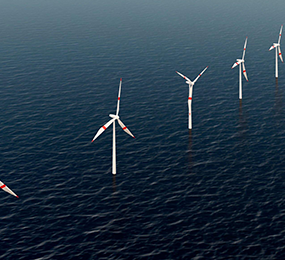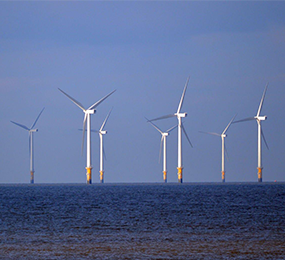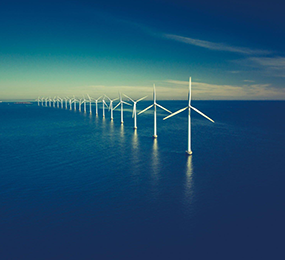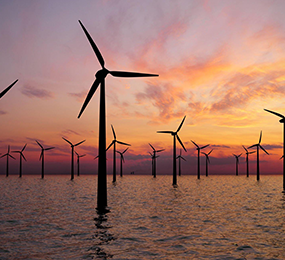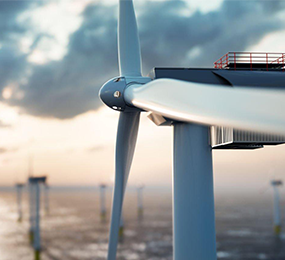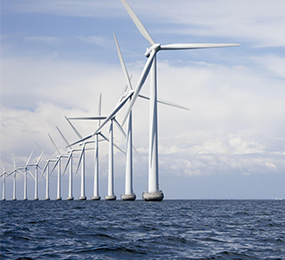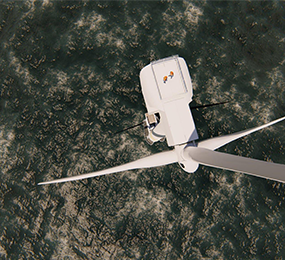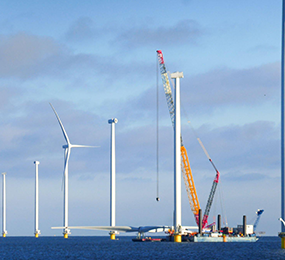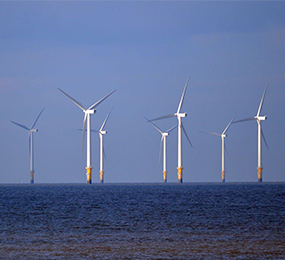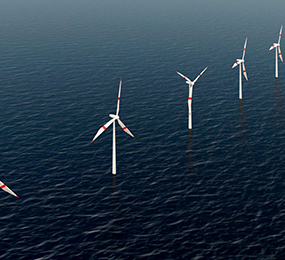Community Engagement and Stakeholder Consultation in Floating Wind Development
Community engagement and stakeholder consultation are essential aspects of successful floating wind development. These processes involve actively involving local communities, government bodies, environmental organizations, and other relevant stakeholders in the planning and execution of offshore wind projects. Here's why community engagement and consultation are crucial:
1. Addressing Concerns: By engaging with local communities, developers can identify and address concerns related to the visual impact, noise, and potential disruption caused by floating wind turbines. This can help build public support for the project.
2. Regulatory Compliance: Governments often require developers to demonstrate meaningful engagement with communities and stakeholders as part of the permitting process. Complying with these requirements is essential for project approval.
3. Environmental Impact: Consultation with environmental organizations ensures that projects are designed and executed with minimal impact on marine ecosystems and biodiversity.
4. Social Acceptance: Engaging with local communities and stakeholders can lead to social acceptance of the project, fostering positive attitudes and reducing opposition.
5. Economic Benefits: Community engagement can help maximize the local economic benefits of floating wind projects by involving local businesses and creating jobs.
In summary, community engagement and stakeholder consultation are not only ethical but also practical necessities in floating wind development. They facilitate smoother project execution, help mitigate potential challenges, and contribute to the overall success and acceptance of offshore wind initiatives.
Visit our website to know more: https://www.leadventgrp.com/events/4th-annual-floating-wind-europe/details
For more information and group participation, contact us: [email protected]
Leadvent Group - Industry Leading Events for Business Leaders!


